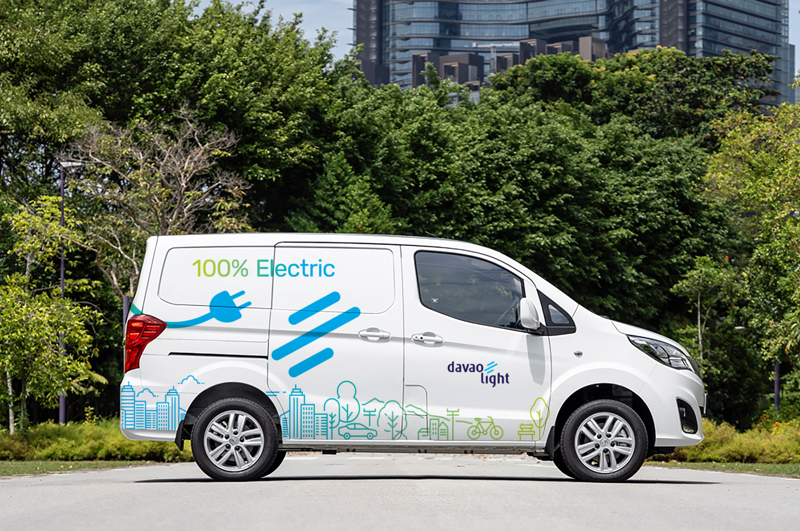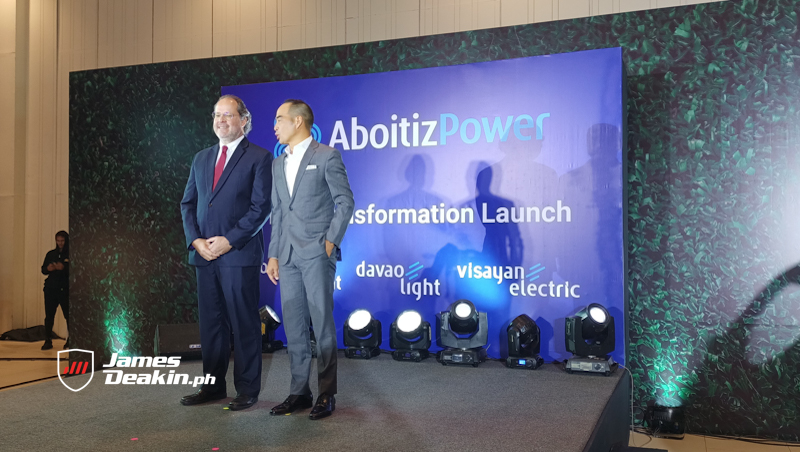Bound to be deployed in the franchise areas we serve in Visayas and Mindanao, withn land areas more than six times the size of Metro Manila, these vehicles are geared to prove their efficiency and reliability in this new age of electric mobility,” said AboitizPower Distribution Utilities COO Anton Percides. “We aim to achieve 30% electrification for our four-wheeled vehicles and motorbikes by 2030 and finally transform and electrify 100% of the AboitizPower DU fleet by 2040.”
The EV fleet transformation program reinforces the demand for cleaner energy sources and aligns with AboitizPower’s growth strategy of adding 3,700 megawatts of renewable energy — like solar, wind, and geothermal — in its generation portfolio in the next ten years.
Overall, this complements the Philippines’ aspiration to reduce its heavy reliance on the importation of fossil fuels for transportation and electricity generation via the harnessing of cleaner and indigenous sources.
Aside from reduction of emissions, it also contributes to the company’s bottom line of improved energy efficiency and transportation economics as the cost per kilometer traveled of a unit is at least half compared to internal combustion engine vehicles.
“Electrifying our fleet will help us further reduce carbon emissions, lower operating costs, and contribute to cleaner air in the cities where we operate. This way, we are also helping empower the evolution of the cities we serve,” Percides said.
Together with its partners, AboitizPower currently has the largest and most diversified renewable energy platform in the Philippines in terms of installed capacity under its operational control. Currently, close to 1,000 megawatts of renewable energy projects — including wind and solar farms and more geothermal capacities — are in the pipeline.




